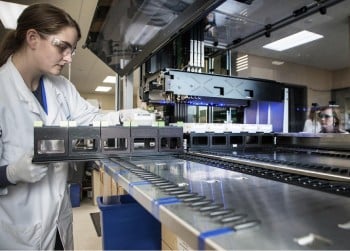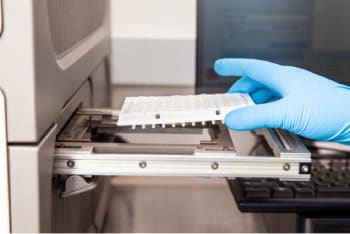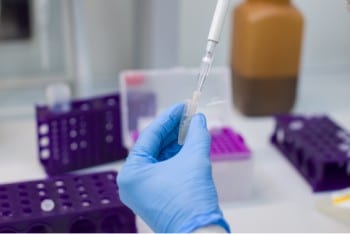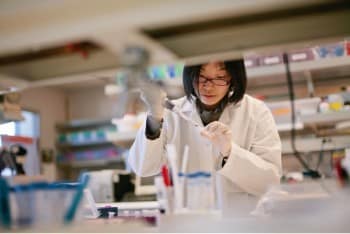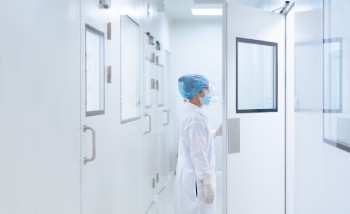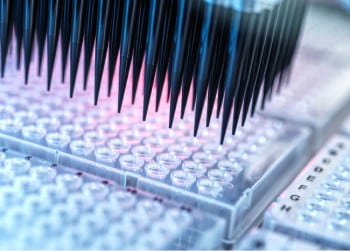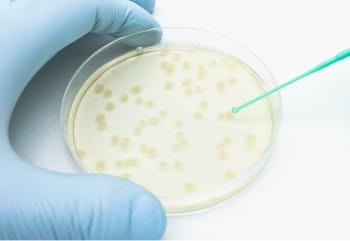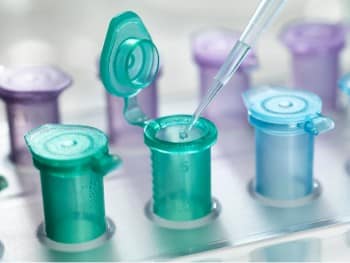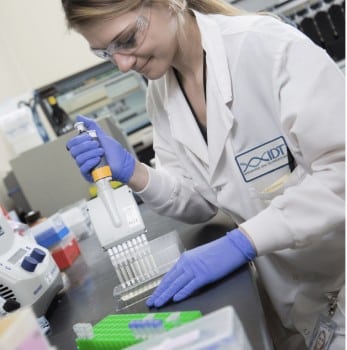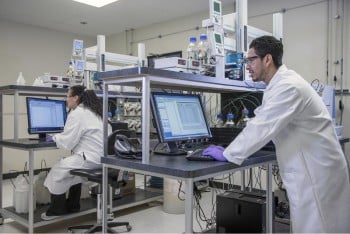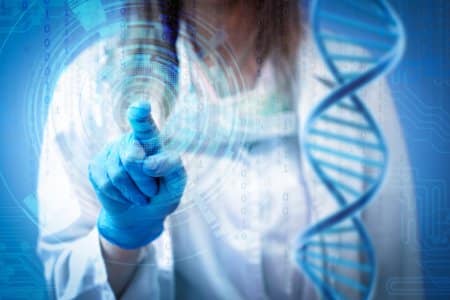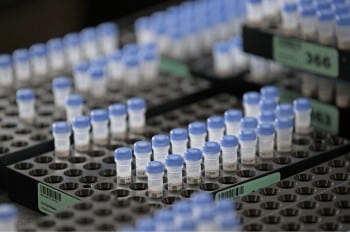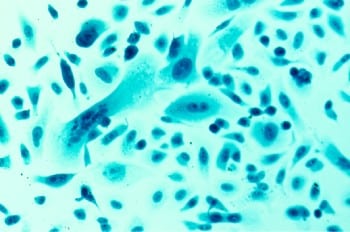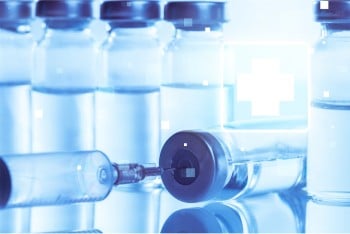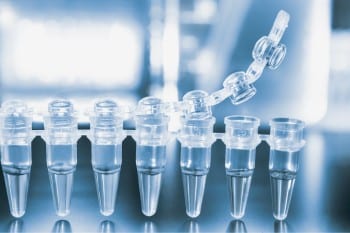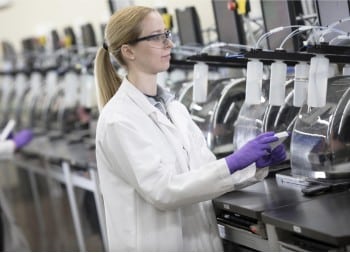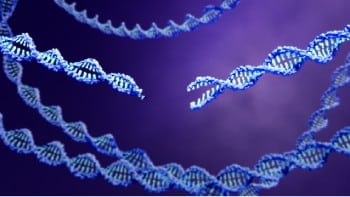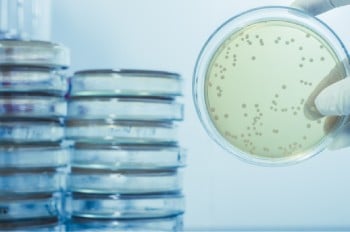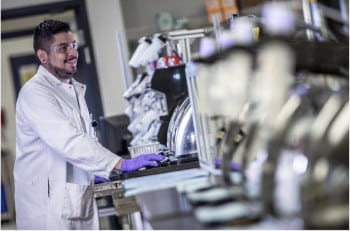Synthetic biology’s role in fighting COVID-19
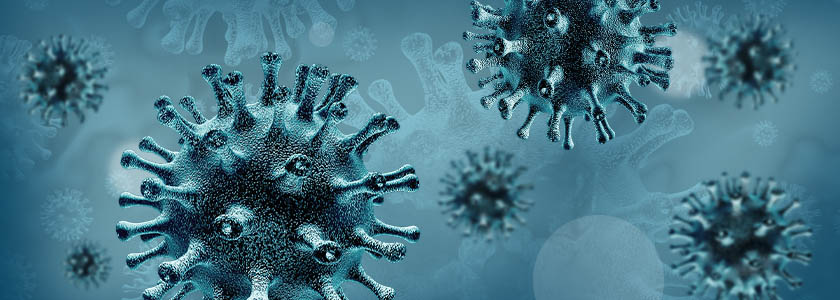
In the fight against global pandemics and the fear that accompanies them, the US Centers for Disease Control and Prevention (CDC) has always relied on one key weapon: information.
Historically, that information included everything from a disease’s natural history to prevention standards, progression pathways, and how to know if you have it. Today, that information also includes a pathogen’s genetic sequence, a fact which places the manufacturers of custom nucleic acids squarely in the middle of the fight against the spread of diseases.
IDT is one of those, and the company is playing a key role in the fight against the newest coronavirus, SARS-CoV-2. Just weeks after the disease began to spread, IDT started receiving inquiries from researchers around the world who said they quickly needed to obtain qPCR assays used for the study of the disease. Since IDT has production facilities located around the world, the company is uniquely able to provide robust primers and probes for qPCR assays while avoiding contamination issues arising from the synthesis of controls and related gene fragments.
In the case of coronavirus disease 2019 (COVID-19), the full viral genome sequences from several patients was available just days after the outbreak was identified. The Wuhan Institute of Virology said the virus’ likely origin was in bats and suggested a close relationship to SARS, which is also a coronavirus—the two share 80% of their genetic codes.
Addressing COVID-19 has proven particularly challenging, as those infected may show no indications for up to two weeks. Failure to identify the virus upped the difficulty of treatment and raised the likelihood that it would be spread unknowingly. False-negative tests have been another hurdle to overcome, one which is being addressed by a host of private companies working on new versions of COVID-19 virus identification (ID) tests. Clearly, the establishment of diagnosis methods makes up a large part of early research efforts, and this has been true with COVID-19.
The advent of polymerase chain reaction (PCR) techniques has enhanced the ability of researchers to identify microbial signatures, and it is PCR which is being used for ID of COVID-19. PCR is more sensitive and precise than former ID methods such as immunological analysis, and in addition is much quicker. Companies like IDT step in early in the ID process with the ability to manufacture and deliver oligonucleotides both for use in the development of tests and as standards in diagnostics kits that can be deployed in the field. Synthetic oligos have also lowered the barrier to creating synthetic proteins, which can then be used as safe reagents for vaccine research.
This is by no means the first time IDT has been involved early on in the effort to halt a global pandemic. IDT assisted in the development of field diagnostic tests for Ebola and provided oligos to further disease modeling and detection of Zika. With COVID-19, IDT has shipped synthetic genes for use in the generation of a vaccine and customized oligonucleotide probes and primers for better detection of the virus. IDT can do this better than many other companies because of their global network of manufacturing facilities, which significantly reduces the concerns about contamination, meaning that the company can produce both vaccine-directed synthetic viral genes in one spot and diagnostic reagents in another.
IDT takes its position on the front lines of fighting new diseases seriously, and has set up a dedicated page for orders of reagents to be used in COVID-19 research. We take pride in being able to offer the highest quality reagents to the dedicated researchers who jump into the fray at the first sign of trouble. These researchers work tirelessly to head off critical threats to the world’s populations, and IDT is committed to providing them with the most accurate and effective oligonucleotide probes and primers to aid their missions.

